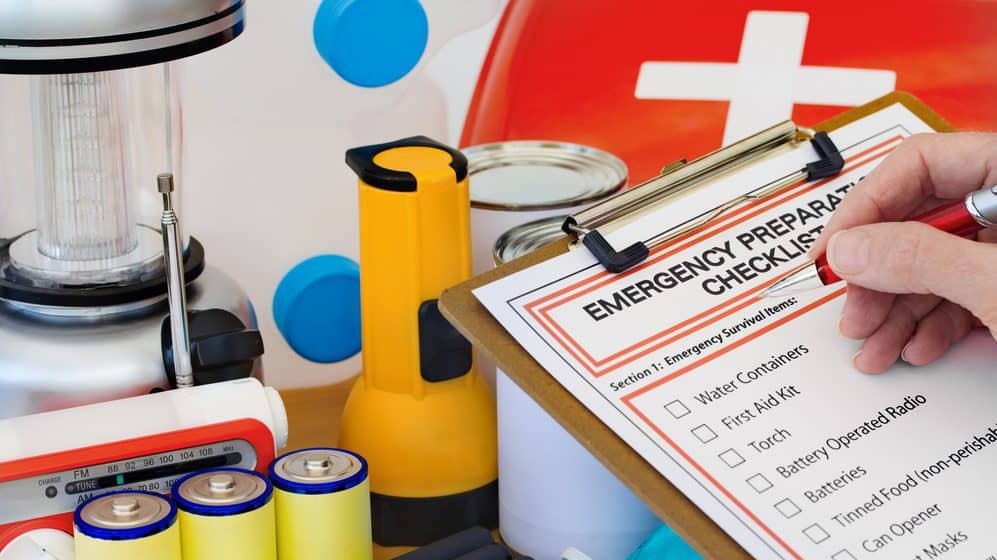 Substance abuse is a growing problem in New Jersey, and it affects people of all ages, races, and backgrounds. According to the New Jersey Department of Law and Public Safety, drug-related deaths increased by nearly 22 percent from 2019 to 2020, with 3,046 people dying from drug overdoses in 2020 alone. While inpatient treatment can be effective for people with severe addictions, outpatient substance abuse treatment has become increasingly popular due to its accessibility, affordability, and flexibility. In this article, we will explore the success of New Jersey outpatients substance abuse treatment and provide insight into why it is becoming an increasingly popular option for many people struggling with substance abuse.
Substance abuse is a growing problem in New Jersey, and it affects people of all ages, races, and backgrounds. According to the New Jersey Department of Law and Public Safety, drug-related deaths increased by nearly 22 percent from 2019 to 2020, with 3,046 people dying from drug overdoses in 2020 alone. While inpatient treatment can be effective for people with severe addictions, outpatient substance abuse treatment has become increasingly popular due to its accessibility, affordability, and flexibility. In this article, we will explore the success of New Jersey outpatients substance abuse treatment and provide insight into why it is becoming an increasingly popular option for many people struggling with substance abuse.
Outpatient Treatment Provides Flexibility
Outpatient treatment provides flexibility for individuals who have other responsibilities and obligations such as work or school. Unlike inpatient programs, individuals who receive outpatient treatment can still live at home and attend regular appointments at the treatment center. This type of arrangement is ideal for people who cannot take a break from their daily responsibilities to attend inpatient treatment. Outpatient treatment facilities provide counseling, medication, and other services that help people overcome substance abuse and addiction.
Outpatient Treatment is Affordable
Another factor that contributes to the success of outpatient treatment is affordability. The cost of inpatient treatment can be high. For this reason, outpatient treatment programs are more affordable, making it an option that is accessible to many people. In addition to cost savings, outpatient treatment allows individuals to still carry on with their daily lives and responsibilities while receiving treatment at the same time.
Outpatient Treatment Places More Emphasis on Long-Term Recovery
Outpatient treatment centers focus not only on detoxification but also on long-term recovery by offering ongoing support, counseling, and education. They provide coping mechanisms to prevent relapse and help individuals stay sober, develop healthy habits, and repair damaged relationships. According to a study by the National Institute on Drug Abuse, long-term recovery management is essential for achieving long-term sobriety and sustaining a healthy lifestyle.
Outpatient Treatment Provides Continued Support
Outpatient treatment provides continued support to individuals after they have left the program. Counselors and staff members maintain contact with their patients, monitor their progress, and assist in preventing relapses. Patients are encouraged to attend support groups, therapy sessions, and other aftercare services that can help them stay sober. Patients also have access to peer support networks and resources in the community that can help them maintain recovery.
Outpatient Treatment is Accessible
Outpatient treatment is an accessible option that can benefit people in remote areas or people who cannot take an extended break from work or school. Outpatient treatment centers have locations in various locations around New Jersey and are often close to where patients live or work. This makes it easy for individuals to access care without having to travel a significant distance.
Conclusion:
Outpatient substance abuse treatment is gaining popularity in New Jersey due to its accessibility, affordability, and effectiveness. For individuals struggling with substance abuse and addiction, outpatient treatment provides flexible options, ongoing support, and continued care that helps them achieve long-term recovery. If you or someone you know is struggling with substance abuse, don’t hesitate to seek help. In New Jersey, there are many outpatient treatment facilities available that can help individuals take the first step towards a healthy and sober life.








